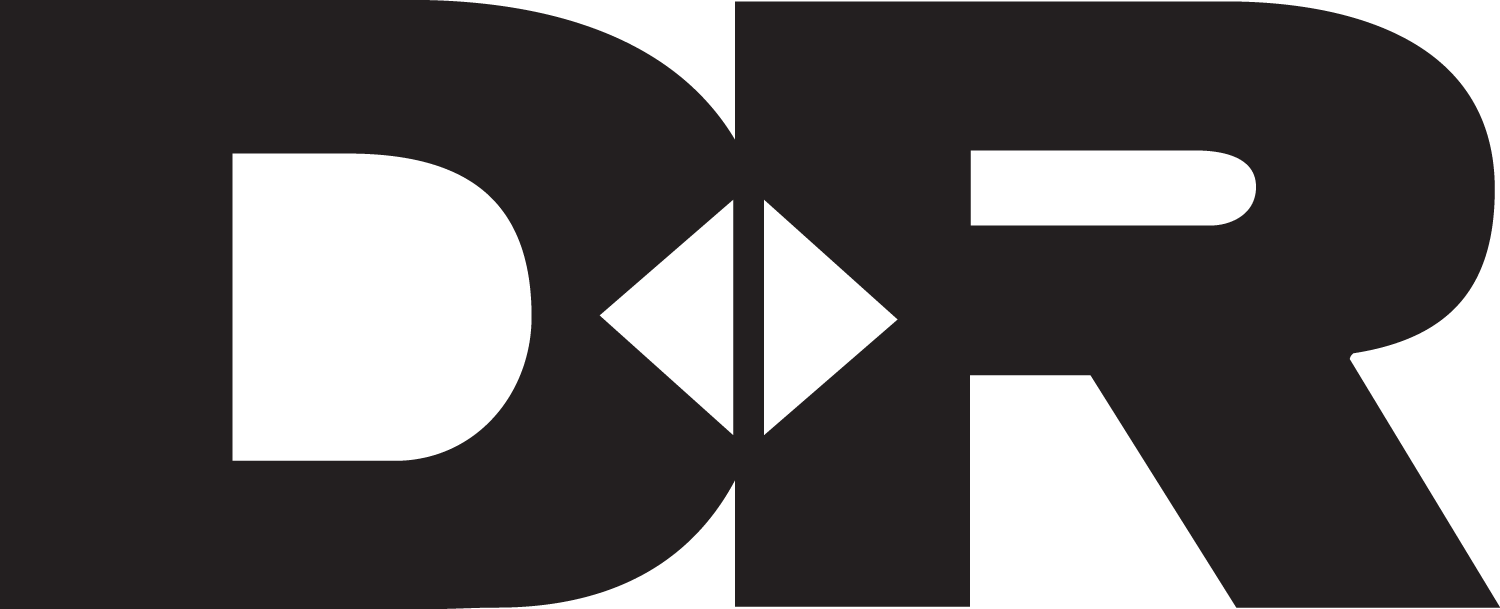Public Interpretations of and Responses to Scientific Disputes
National Science Foundation
March 1, 2015 – February 28, 2018
Abstract
Disputes are usually deemed fruitful to scientific process, but can confuse publics who learn about and attend to such disputes as to “the truth,” regardless of contenders’ relative numbers or persuasive evidence, so that disagreements among experts may individually or collectively undermine lay trust in and support for science and scientists. Potential outcomes may include misconstruing the true nature of a field’s uncertainties, ignoring expert advice on protecting oneself, or reducing support for use of science in policy making or education. This research systematically assesses across varied topics how laypeople interpret, process, and are affected by scientific disputes: 1) How do lay people interpret disagreements among scientists in terms of dispute origins and cues to which of the contending sides is most credible?; 2) What beliefs, attitudes, and behaviors about the disputed topic or science stem from these lay interpretations?; and 3) How malleable are such interpretations and responses to interventions (e.g., education on scientific process)? This project advances theory in public understanding of science, including conditions that alter public interpretations of and responses to expert disputes; helps scientists tailor their messages to remove ambiguities, reduce errors among observers, and enhance public discourse on science and science-based policy; and makes a novel and substantial contribution to our understanding of the place of science in contemporary society.
This research shows public samples scenarios involving two-sided mass disputes on topics varying in public salience, impacts, and familiarity, such as the nature of dark matter, desirable dietary salt intake, or nanotechnology. Focus groups probe people’s reactions to sample scenarios, and their rationales for how they determine answers to such questions as which side is “correct,” and why experts might disagree. An experiment then probes how people’s responses (e.g., trust, intentions to comply with expert advice, support for federal funding of science) vary according to whether experts are split 50-50, are 99% in support of one side, or somewhere in between, to determine if different proportions drive shifts from one response to another. A survey probes the relative role of knowledge, values, self-interest, history, and vote-counting (i.e., the proportion of support for a given side in the dispute) as factors in lay beliefs about why scientific disputes occur (e.g., self-interest, incompetence, inherent complexity of the topic), cues to disputants’ credibility (e.g., perceived uncertainty of the field, credentials, salient value similarity, self-interest), and lay responses to disputes among scientists. A subsequent experiment manipulates several of these factors to further test the causal relationship between dispute attributes and public responses.

